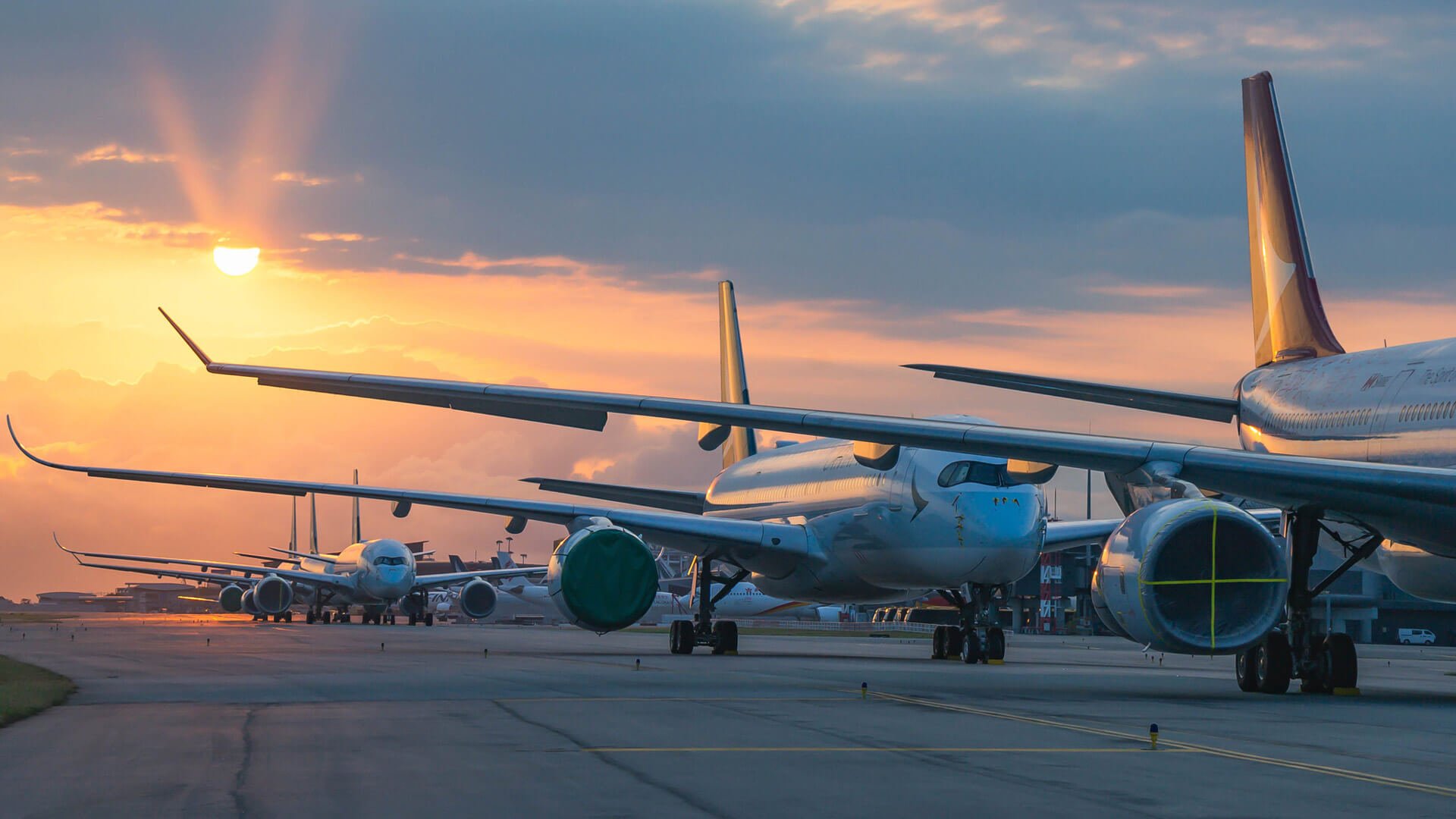Navigating the Skies Safely: The Importance of Cybersecurity in the Aviation Industry
Introduction:
The aviation industry plays a critical role in our globalized world, connecting people and goods across vast distances. The need for robust cybersecurity measures becomes paramount as technology becomes increasingly intertwined with aviation operations. This blog will explore the importance of investing in cyber and information security controls within the aviation industry. We will delve into six detailed reasons why aviation companies should prioritize cybersecurity, and provide insights on how these controls can be implemented to secure both organizational and customer data.
1. Protecting Critical Infrastructure:
Aviation infrastructure, including air traffic control systems, communication networks, and flight management systems, are prime targets for cyber attacks. Disruption or compromise of these systems can lead to catastrophic consequences, endangering lives and causing significant economic losses. By implementing strong cybersecurity controls, aviation companies can safeguard their critical infrastructure from unauthorized access, malicious attacks, and potential disruption.
Security Controls like multi-factor authentication protocols, regular vulnerability assessments, and intrusion detection systems can fortify infrastructure security. Robust encryption techniques should also be adopted to protect data in transit and at rest.
2. Mitigating Financial Risks:
The financial repercussions of a cyber attack on an aviation company can be devastating. The theft of customer data, including payment information, can result in significant financial losses and irreparable damage to the organization's reputation. By investing in cybersecurity controls, aviation companies can reduce the likelihood of data breaches, thereby mitigating financial risks.
Implementing robust firewalls, data loss prevention mechanisms, and encryption for sensitive customer information can minimize the risk of unauthorized access and data exfiltration. Regular security audits and incident response plans should be in place to ensure a proactive approach to cybersecurity.
3. Safeguarding Intellectual Property:
Innovation is the lifeblood of the aviation industry. Companies invest substantial resources in research and development to develop cutting-edge technologies, aircraft designs, and manufacturing processes. Protecting intellectual property from cyber espionage and theft is crucial to maintaining a competitive edge. Robust cybersecurity measures can thwart malicious actors attempting to access proprietary information illegally.
Implementing strict access controls, employing endpoint protection systems, and utilizing intrusion prevention systems can enhance intellectual property protection. Regular employee training programs should also emphasize the importance of data security and intellectual property protection.
4. Ensuring Passenger Safety:
The safety of passengers and crew members is paramount to the aviation industry. As aircraft become more connected through various onboard systems, including entertainment systems and in-flight Wi-Fi, the potential for cyber attacks to compromise passenger safety increases. Cybersecurity controls can help mitigate these risks and ensure the secure operation of critical onboard systems.
Employing network segmentation to isolate critical systems, implementing robust authentication mechanisms for onboard systems, and regularly patching and updating software is essential to maintaining a secure onboard environment. Additionally, conducting penetration testing on aircraft systems can identify vulnerabilities and allow for timely remediation.
5. Complying with Regulatory Requirements:
The aviation industry operates under stringent regulations and compliance standards to ensure the safety and security of operations. Cybersecurity has become an integral part of these regulatory frameworks, with regulators increasingly demanding that aviation companies prioritize data protection and cyber resilience. By investing in robust cybersecurity controls, organizations can demonstrate compliance with regulatory requirements and avoid potential penalties.
Adhering to industry-specific cybersecurity frameworks, such as the Federal Aviation Administration's (FAA) Aviation Cyber Initiative, can help guide organizations in implementing appropriate controls. Regular audits and assessments should be conducted to ensure ongoing compliance.
6. Enhancing Customer Trust and Reputation:
In an industry built on trust, maintaining a strong reputation is vital. Cybersecurity incidents can have far-reaching consequences, eroding customer trust and damaging an organization's reputation. By prioritizing cybersecurity and effectively protecting customer data, aviation companies can foster trust, enhance customer loyalty, and differentiate themselves from competitors.
Implementing transparent data privacy policies, ensuring secure online booking and payment processes, and providing regular communication to customers regarding cybersecurity measures can help build customer trust. Regular security awareness campaigns can also empower customers to take an active role in their data security.
Conclusion:
The aviation industry must recognize the critical importance of investing in cybersecurity controls. By doing so, organizations can protect critical infrastructure, mitigate financial risks, safeguard intellectual property, ensure passenger safety, comply with regulatory requirements, and enhance customer trust. Implementing robust cybersecurity measures requires a multi-layered approach, encompassing technological solutions, employee training, and a proactive mindset. Only through these comprehensive efforts can the aviation industry soar to new heights while mitigating cyber risks in an increasingly digital world.

Comments
Post a Comment